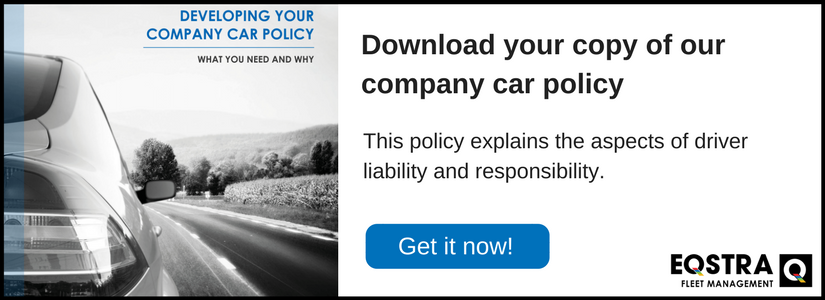
Choosing the right vehicles for your fleet can be like navigating a minefield: there are so many options and potential pitfalls that many fleet managers find it a bit daunting.
Fleet managers need to have the full picture in mind when purchasing new units for their fleet. Remember to consider things such as the type of terrain your fleet operates on, as well as application. In some cases, it’s best to have a uniform fleet, but in others the best option may be to purchase different vehicles for different purposes. It all comes down to what your fleet is used for, but it is very important to choose the right vehicles for your fleet.
Things to consider when purchasing for your fleet:
- Where and how will it be used?
The type of loads you intend to transport, as well as the area (road conditions) that the vehicle will be operating in is important. If the road conditions are poor, you may want to consider vehicles with a higher ride height and possible off-road capability.
- Petrol or diesel?
Petrol is more expensive, but some diesel vehicles can be more expensive to maintain. It’s all about which will offer you the best value in the long run. This is where good advice and research turn into gold! Another factor to keep in mind is that good quality diesel is still scarce in certain parts of Southern Africa.
- Manufacturer network
Before you shout ‘Yes Please!’ at the scandalously low sticker price on a vehicle, find out whether the manufacturer has a service centre network that suits you. They don’t need to have hundreds around the country - just make sure they’ve got a decent footprint in the areas you company operates.
In addition to vehicle type, cost and application, some of the most important factors to consider are the overall running costs and well as expected downtime. It’s important to establish the fit of the vehicles in your fleet before deciding which vehicles are the best to use in your business, and always consider the cost of operation and downtime before making any decisions.
It’s important look at everything from parts pricing and fuel consumption to the optimal replacement cycle.
In the end, it’s the details that make the difference – most companies can identify the type of vehicles they need – but figuring out which vehicles will return the lowest operating cost under specific circumstances is where it gets tricky. Fuel consumption changes depending on terrain and certain parts might be difficult to come by depending on where you’re based. The amount of vehicles you need depends on the purpose of your fleet, distances travelled and whether you have enough drivers to operate them. Inflation and fuels costs also play a role.
The fleet manager needs to take into account business operations, remembering that funding takes long to finalise and it’s important to understand your business and its needs first before making any decisions about which vehicles to choose for your fleet. It’s a continuous operation.
With so many variables in play, making the right choice for your fleet can be extremely difficult. Few companies have much room for error in their budget these day, so the best advice is to play it safe and get some expert help. By picking the right fleet partner you’ll be able to avoid costly purchasing mistakes and ensure your fleet runs efficiently right from the get-go.

